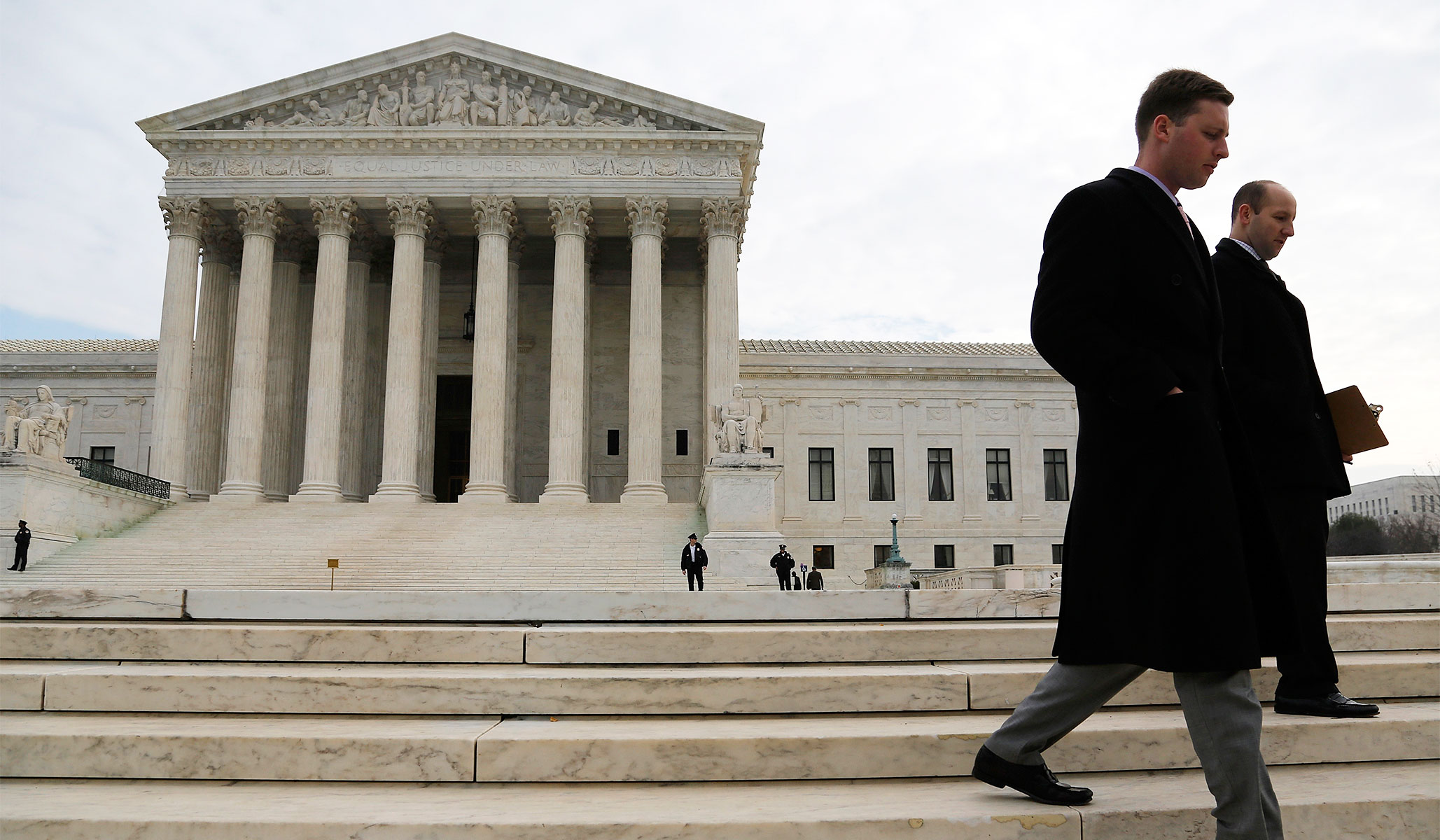by: The Editorial Board – wsj.com – December 2, 2022
Jack Phillips, the Colorado baker who declined to make custom cakes for gay weddings, won at the Supreme Court in 2018, but that was a limited decision based on the animus of the state Civil Rights Commission. A factor that made a broader ruling complicated was whether Mr. Phillips’s cake design qualified as speech. If yes, Justice Elena Kagan asked at oral argument, what about the work of a stylist whose free expression is in “creating a wonderful hairdo?”
The design of wedding websites qualifies as “pure speech,” the 10th Circuit Court of Appeals held last year. Yet the panel ruled against Ms. Smith. Colorado’s law says companies that are open to the public can’t refuse customers based on sexual orientation. The state’s “interest in ensuring equal access to the commercial marketplace,” the court said, trumped Ms. Smith’s liberty claims. But a keystone in its ruling was the idea that Ms. Smith has a monopoly on websites in the style of Ms. Smith. This can’t be right, or else every artist is a monopoly of one.
Colorado’s brief argues that its antidiscrimination law targets “sales discrimination” and nothing more. “The Act does not, as the Company claims, compel a Hindu calligrapher to ‘write flyers proclaiming, “Jesus is Lord,”’ the state insists. “It requires only that if the calligrapher chooses to write such a flyer, they sell it to Christian and Hindu customers alike.”
The state’s conceit here is that Ms. Smith may define her service however she wants, “including offering only websites that include biblical quotes describing marriage as the union of one man and one woman.” Theoretically, a gay couple getting married could ask Ms. Smith for exactly that. But to explain this argument is to refute it, because that isn’t what the gay couple would want from Ms. Smith. The whole point is that Ms. Smith wants to sell custom websites that authentically tell a couple’s love story.
What’s remarkable about today’s culture wars over wedding cakes and websites is that the freedom Mr. Phillips and Ms. Smith want seems modest next to other liberties that the U.S. has historically granted. In 1943, with Hitler on the march, the Supreme Court said schools couldn’t make the children of Jehovah’s Witnesses salute the U.S. flag. At the same time, the country defended itself while accommodating pacifists like Quakers and Brethren.
Ms. Smith only wants to sell websites. Unlike physical public accommodations, such as hotels and restaurants, there is no captive market on the internet. Coloradans can choose from countless different website designers, most of whom will happily serve gay weddings. So why can’t the law leave Lorie Smith alone?
To see this article in its entirety and subscribe to others like it, choose to read more.
Source: A Christian Artist and a Gay Wedding at the Supreme Court – WSJ
 Listen Online
Listen Online Watch Online
Watch Online Find a Station in Your Area
Find a Station in Your Area








 Listen Now
Listen Now Watch Online
Watch Online
